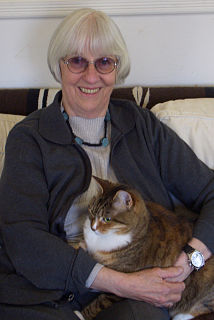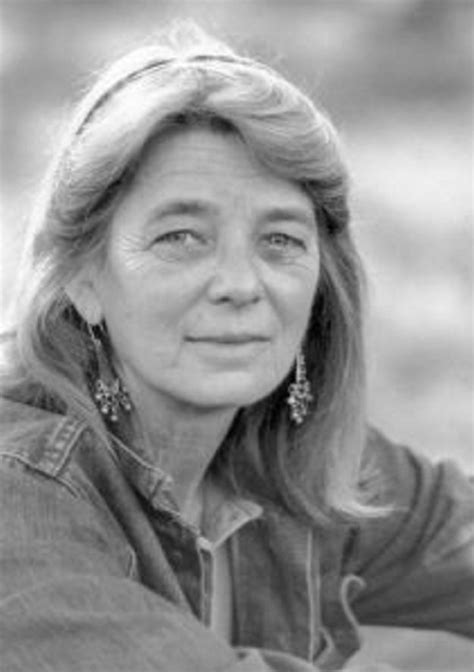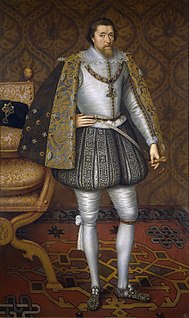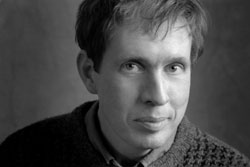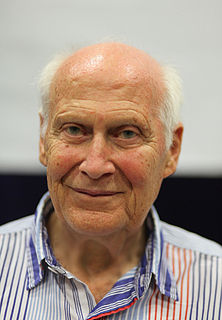A Quote by Mona Eltahawy
To this day I have no idea what dissident professor or librarian placed feminist texts on the bookshelves at the university library in Jeddah, but I found them there. They filled me with terror. I understood they were pulling at a thread that would unravel everything.
Related Quotes
My own feminist revolution evolved slowly, and traveled the world with me. To this day I have no idea what dissident professor or librarian placed feminist tests on the bookshelves at the university library in Jeddah, but I found them there. They filled me with terror. I understood they were pulling at a thread that would unravel everything. Now that I am older, I can see that feeling terrified is how you recognize what you need. Terror encourages you to jump, even when you don't know if you will ever land.
You must overcome any shyness and have a conversation with the librarian, because he can offer you reliable advice that will save you much time. You must consider that the librarian (if not overworked or neurotic) is happy when he can demonstrate two things: the quality of his memory and erudition and the richness of his library, especially if it is small. The more isolated and disregarded the library, the more the librarian is consumed with sorrow for its underestimation. A person who asks for help makes the librarian happy.
I was more intrigued by the relationship [in Felicity]; the idea of these two teenagers who were placed together. What would that be like, and what would it be like to watch that unravel. Living together, and having babies with somebody, missing out on your whole childhood, and then spending all these years with someone. I was more intrigued by that.
When I get nervous, I go to the library and hang around. The libraries are filled with people who are nervous. You can blend in with them there. You're bound to see someone more nervous than you are in a library. Sometimes the librarians themselves are more nervous than you are. I'll probably be a librarian for that reason. Then if I'm nervous on the job, it won't show. I'll just stamp books and look things up for people and run back and forth to the staff room sneaking smokes until I get hold of myself. A library is a great place to hid.
I am a librarian. I discovered me in the library. I went to find me in the library. Before I fell in love with libraries, I was just a six-year-old boy. The library fueled all of my curiosities, from dinosaurs to ancient Egypt. When I graduated from high school in 1938, I began going to the library three nights a week. I did this every week for almost ten years and finally, in 1947, around the time I got married, I figured I was done. So I graduated from the library when I was twenty-seven. I discovered that the library is the real school.
I was so inspired by Dr. King that in 1956, with some of my brothers and sisters and first cousins - I was only 16 years old - we went down to the public library trying to check out some books, and we were told by the librarian that the library was for whites only and not for colors. It was a public library.
When I turned 35, I thought, 'Mozart was dead at 36, so I set the bar: I'm going to start writing a book on my next birthday.' I thought historical fiction would be easiest because I was a university professor and know my way around a library, and it seemed easier to look things up than make them up.
I was so inspired by Dr. King that in 1956 with my brothers and sisters and first cousins, I was only 16 years old, we went down to the public library trying to check out some books and we were told by the librarian that the library was for whites only and not for colors! It was a public library! I never went back to that public library until July 5th, 1998, by this time I'm in the Congress, for a book signing of my book "Walking with the Wind"
In the beginning, I want to say something about human greatness. Some time ago, I was reading texts of Kungtse. When I read these texts, I understood something about human greatness. What I understood from his writings was: What is greatest in human beings is what makes them equal to everybody else. Everything else that deviates higher or lower from what is common to all human beings makes us less. If we know this, we can develop a deep respect for every human being.







